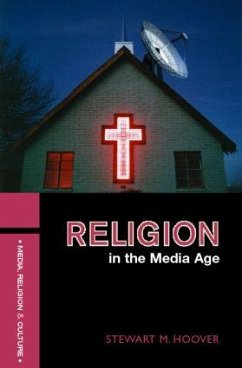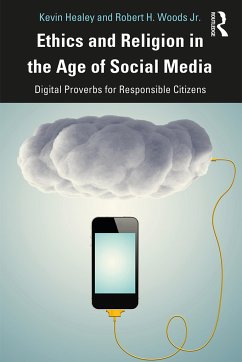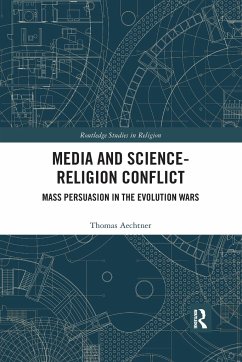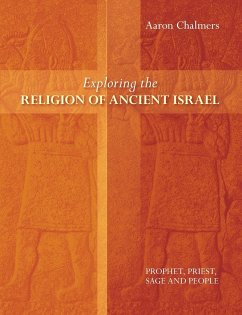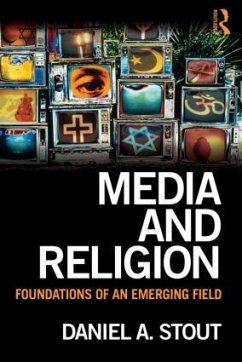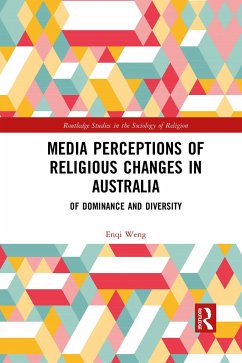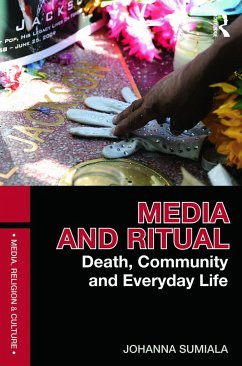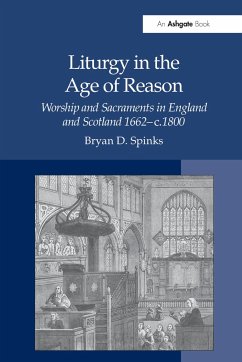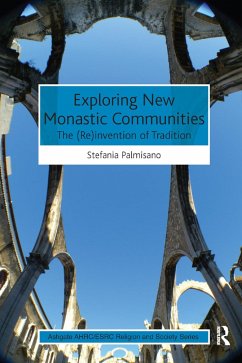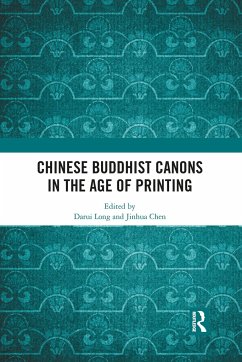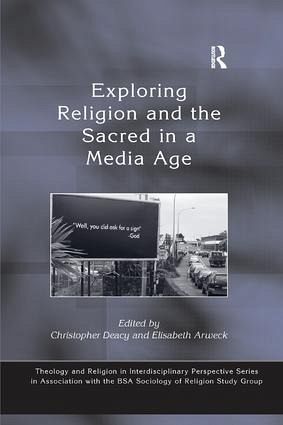
Exploring Religion and the Sacred in a Media Age
Versandkostenfrei!
Versandfertig in 1-2 Wochen
68,99 €
inkl. MwSt.
Weitere Ausgaben:

PAYBACK Punkte
34 °P sammeln!
In recent years, there has been growing awareness across a range of academic disciplines of the value of exploring issues of religion and the sacred in relation to cultures of everyday life. Exploring Religion and the Sacred in a Media Age offers inter-disciplinary perspectives drawing from theology, religious studies, media studies, cultural studies, film studies, sociology and anthropology. Combining theoretical frameworks for the analysis of religion, media and popular culture, with focused international case studies of particular texts, practices, communities and audiences, the authors exa...
In recent years, there has been growing awareness across a range of academic disciplines of the value of exploring issues of religion and the sacred in relation to cultures of everyday life. Exploring Religion and the Sacred in a Media Age offers inter-disciplinary perspectives drawing from theology, religious studies, media studies, cultural studies, film studies, sociology and anthropology. Combining theoretical frameworks for the analysis of religion, media and popular culture, with focused international case studies of particular texts, practices, communities and audiences, the authors examine topics such as media rituals, marketing strategies, empirical investigations of audience testimony, and the influence of religion on music, reality television and the internet. Both academically rigorous and of interest to a wider readership, this book offers a wide range of fascinating explorations at the cutting edge of many contemporary debates in sociology, religion and media, including chapters on the way evangelical groups in America have made use of The Da Vinci Code and on the influences of religion on British club culture and electronic dance music.





